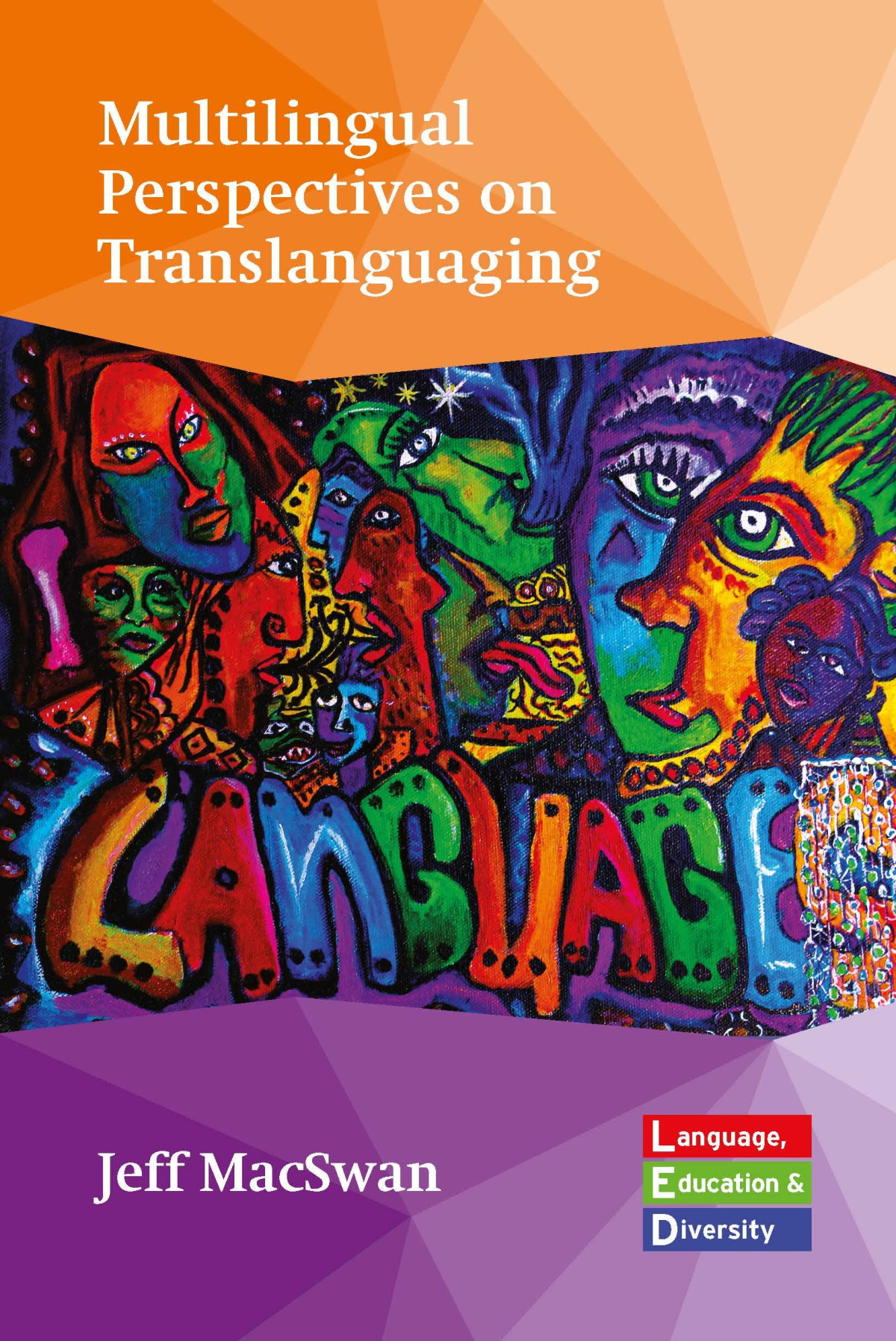

Most ebook files are in PDF format, so you can easily read them using various software such as Foxit Reader or directly on the Google Chrome browser.
Some ebook files are released by publishers in other formats such as .awz, .mobi, .epub, .fb2, etc. You may need to install specific software to read these formats on mobile/PC, such as Calibre.
Please read the tutorial at this link: https://ebookbell.com/faq
We offer FREE conversion to the popular formats you request; however, this may take some time. Therefore, right after payment, please email us, and we will try to provide the service as quickly as possible.
For some exceptional file formats or broken links (if any), please refrain from opening any disputes. Instead, email us first, and we will try to assist within a maximum of 6 hours.
EbookBell Team

4.7
66 reviewsThis book brings together a broad, interdisciplinary group of leading scholars to critically assess a recent proposal within translanguaging theory called deconstructivism: the view that discrete or ‘named’ languages do not exist. Contributors explore important topics in relation to the deconstructivist turn in translanguaging, including epistemology, language ideology, bilingual linguistic competence, codeswitching, bilingual first language acquisition, the neurolinguistics of bilingualism, the significance of language naming to Indigenous language reclamation efforts, implications for bilingual education and language rights, and the effects of translanguaging on immersion programs for endangered languages. Contributing authors converge on support for a multilingual perspective on translanguaging which affirms the pedagogical and conceptual aims of translanguaging but rejects deconstructivism. The book makes a valuable contribution to the development of translanguaging theory and will be required reading for scholars and students interested in one of the most vibrant and vital debates in contemporary applied linguistics.